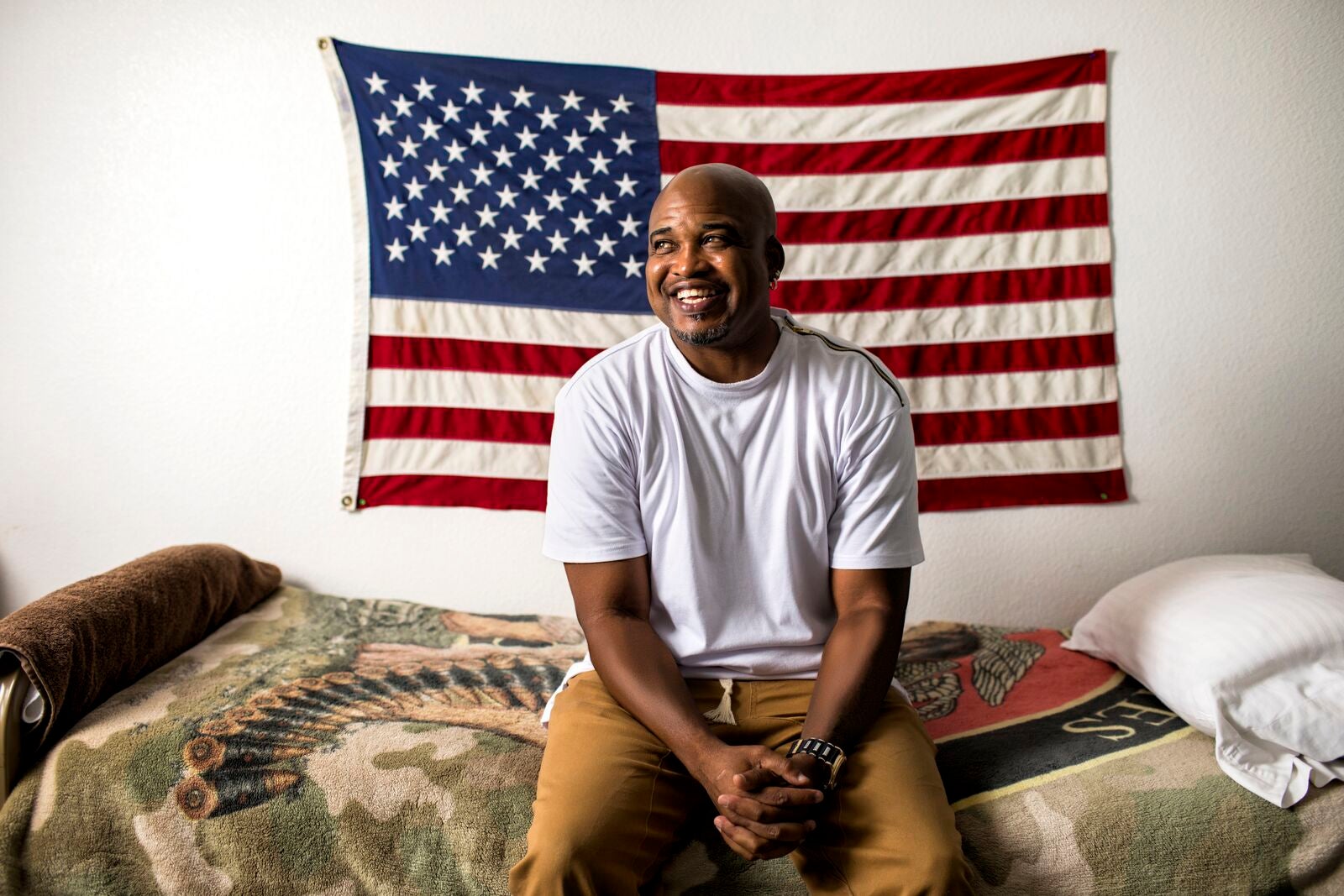Honoring Veteran's Day

Honoring Veterans Means Listening—and Showing Up When It Counts
Each Veterans Day, we pause to reflect on the courage and sacrifice of those who’ve served in the armed forces. It’s a moment to express gratitude. But honoring veterans means more than saying “thank you.” It means paying attention to the lives they return to after service—and showing up when the challenges they face go unnoticed.
For many veterans, the hardest part of service begins after discharge.
Life After Service Isn’t Always Simple
Returning to civilian life can bring uncertainty. Some veterans come home to strong support systems and new opportunities. Others face barriers that are harder to see, like housing instability and chronic mental and physical health concerns.
Some need medical care or a job that offers stability. Others carry invisible wounds that affect their mental health or relationships. Still others just need someone who will listen without judgment.
While the numbers have gone down in recent years, more than 35,000 veterans experienced homelessness on a single night in 2023, according to the U.S. Department of Housing and Urban Development. It’s a reminder that the need for support doesn’t end when the uniform comes off.
How The Salvation Army Walks Alongside Veterans
We serve veterans in cities and towns across the country. Sometimes that means a place to stay while they get back on their feet. Other times it means helping them apply for benefits, connecting them with job training, or offering a warm meal when the fridge is empty.
We also partner with the VA and other organizations to support long-term housing and recovery for veterans experiencing homelessness. Through HUD-VASH and other programs, we help provide safe housing and consistent case management for those who qualify.
In many communities, we operate adult rehabilitation centers and transitional housing programs tailored to veterans’ needs. But more than any single service, what we offer is a place to be treated with dignity.
What We Learn from Veterans Every Day
Veterans carry stories that can’t always be told in words. They carry skills, resilience, and a sense of service that doesn’t stop when their time in uniform ends. They also carry burdens that aren’t always visible.
We’ve learned that honoring veterans means listening first. It means recognizing their individuality—not assuming every veteran’s experience looks the same. It means offering patience when trust is slow to build and showing up even when the need isn’t dramatic or urgent.
How You Can Support Veterans Right Now
If you want to help, you don’t need a grand gesture. Start by learning more about the issues veterans face. Ask a local nonprofit how you can get involved. Donate to a program that supports housing, healthcare, or job placement for veterans.
Small acts—like volunteering at a community meal, driving someone to an appointment, or checking in on a neighbor—can have a lasting impact.
Because Gratitude Alone Isn’t Enough
The Salvation Army will continue to walk alongside veterans, not just on Veterans Day, but every day. We believe their service deserves more than thanks. It deserves action. Here’s how you can make a difference to help veterans in your community stay afloat and prosper after they’ve served your neighbors and our country.
About The Salvation Army
The Salvation Army annually helps more than 28 million people in America overcome poverty, addiction, and economic hardships by preaching the gospel of Jesus Christ and meeting human needs in His name without discrimination in nearly every ZIP code. By providing food, shelter, eviction prevention assistance, emergency disaster relief, rehabilitation, after-school and summer youth programs, spiritual enrichment, and more, The Salvation Army is doing the most good at more than 7,400 centers of operation around the country. For more information, visit SalvationArmyUSA.org.